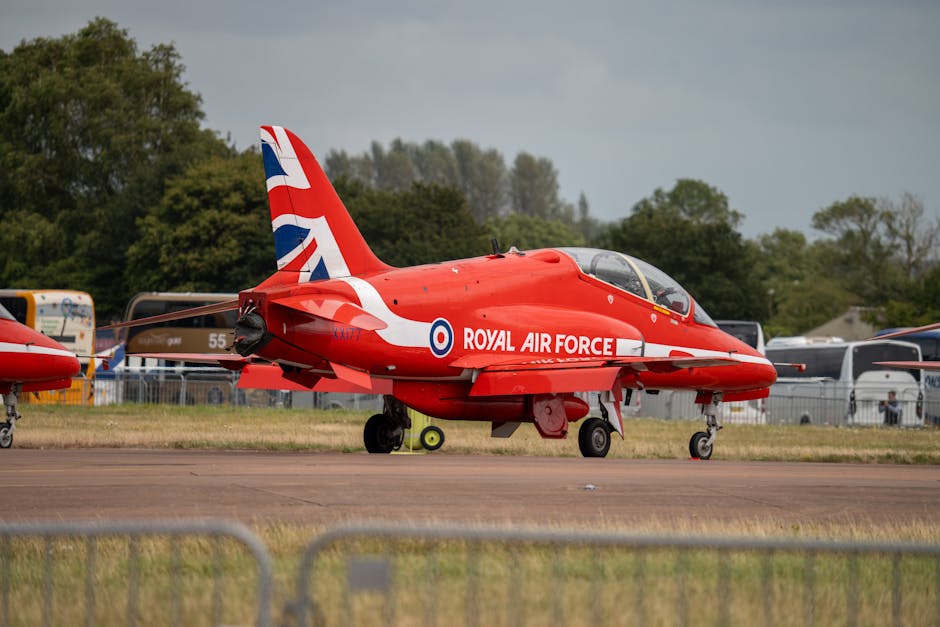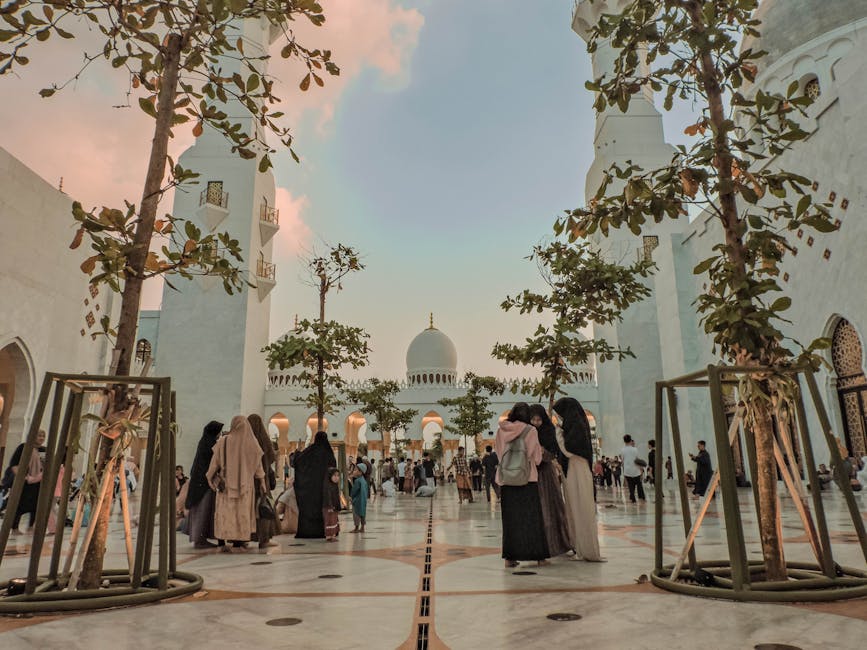Reversal of Colonial Times: IAF to Train UK’s Royal Air Force
In a historic twist that underscores India’s growing prowess in defense and aviation, the Indian Air Force (IAF) is set to train the United Kingdom’s Royal Air Force (RAF). This landmark development marks a significant reversal of roles from the colonial era, when British military expertise dominated the subcontinent. The announcement has been met with widespread pride in India and curiosity across the globe, as it highlights the shifting dynamics of global power and India’s emergence as a key player in international defense collaboration.
A Symbol of India’s Rising Defense Capabilities
The partnership, formalized during high-level defense talks between India and the UK, will see RAF personnel undergo specialized training at IAF facilities. The focus will be on advanced combat tactics, air defense strategies, and the operation of cutting-edge aircraft. This collaboration is part of a broader bilateral defense agreement aimed at strengthening ties between the two nations, which have shared a complex history but are now forging a new chapter of cooperation.
The IAF’s role as a trainer to the RAF is a testament to India’s rapid advancements in military aviation. Over the past few decades, the IAF has modernized its fleet, incorporating state-of-the-art aircraft like the Rafale, Sukhoi Su-30MKI, and indigenous Tejas fighters. Its pilots are renowned for their skill and precision, demonstrated in numerous international exercises and joint operations. The RAF’s decision to seek training from the IAF underscores the global recognition of India’s expertise in air combat and defense strategy.
Historical Irony and Contemporary Significance
The decision carries a profound historical irony. During British colonial rule, India’s military infrastructure was largely under British control, and Indian personnel were often trained by British officers. The reversal of roles is symbolic of India’s journey from a colonized nation to a global power. It also reflects the changing geopolitical landscape, where traditional power structures are being redefined.
For the UK, this collaboration is a pragmatic move. The RAF, like many Western air forces, is grappling with budget constraints and the need to adapt to evolving security challenges. Training with the IAF, which has extensive experience in diverse terrains and combat scenarios, could provide valuable insights and enhance the RAF’s operational readiness.
A Step Toward Stronger Bilateral Ties
Beyond its symbolic significance, the training program is expected to deepen defense ties between India and the UK. Both nations have been working to strengthen their strategic partnership in recent years, with defense cooperation being a key focus area. The UK has expressed interest in India’s indigenous defense manufacturing capabilities, while India has sought to diversify its defense partnerships beyond traditional allies like Russia and the United States.
The collaboration also aligns with India’s broader vision of becoming a global defense hub. Under initiatives like “Make in India,” the country has been promoting self-reliance in defense production and exporting military equipment to friendly nations. Training foreign air forces is a natural extension of this strategy, positioning India as a leader in defense education and innovation.
Global Implications
The IAF-RAF training program is likely to have ripple effects across the international defense community. It sends a strong message that India is not just a consumer of defense technology but also a contributor to global security. For other nations, it highlights the potential of partnering with India for advanced military training and expertise.
As the world watches this historic collaboration unfold, it serves as a reminder of how far India has come and the limitless possibilities that lie ahead. The IAF’s role in training the RAF is more than just a defense initiative—it’s a symbol of a new era, where India stands tall as a global leader in its own right.




